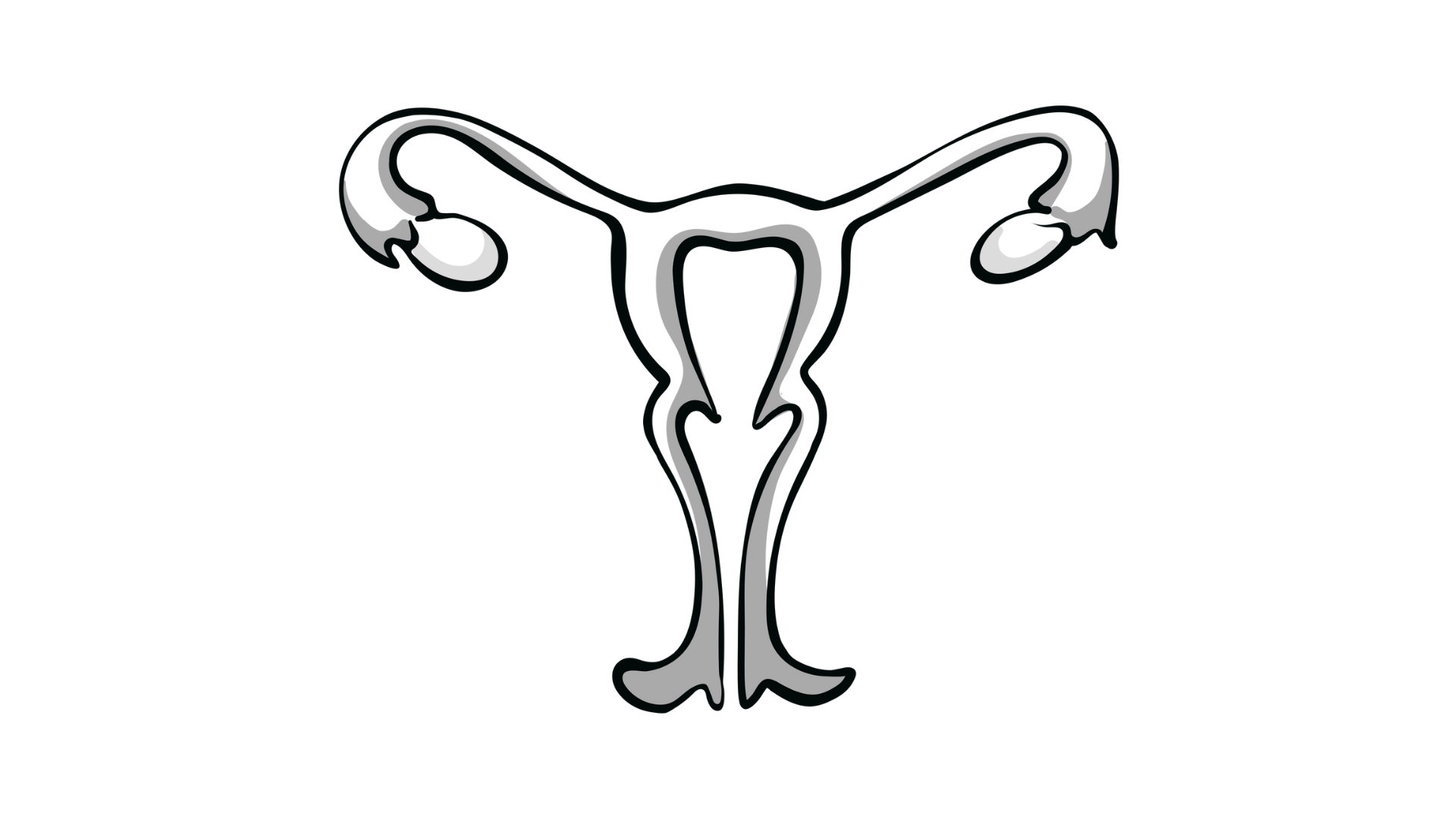Options for Maintenance Therapy in Ovarian Cancer
Chirag Shah, MD, MPH, provides key insights into factors to consider when counseling patients with ovarian cancer on the available treatment options for maintenance therapy.
Chirag Shah, MD, MPH: In my practice [Swedish Cancer Institute], I consider and discuss maintenance therapy with all my patients. That discussion usually happens prior to when they begin systemic therapy. It is best to define what their treatment course is going to look like prior to when they are having oncologic therapy. The discussion also helps frame the fact that surgery, chemotherapy, and maintenance are all designed to derive the best long-term patient benefit.
The question of which maintenance therapy to employ will boil down to the individual patient. For any patient who has been diagnosed with a germline BRCA mutation, whether it is BRCA1 or BRCA2, or any patient who develops a tumor BRCA1 or BRCA2 mutation, it would absolutely be in that patient’s best interest to be on a PARP inhibitor. The question of whether to add something in addition to that PARP inhibitor boils down to what that individual patient’s situation is. A patient with significant ascites, stage IV disease, similar to our case here, might benefit from the addition of Avastin [bevacizumab]. The question of whether to combine agents is evolving, and we have a number of clinical trials, that are either accruing or have accrued, that will help us define this emerging area. But for the time being, the option of maintenance is something important to discuss with every one of my patients.
In practice, for the patients who do not receive maintenance of some type, it is almost exclusively because they are either not healthy enough or they have had too much toxicity from their earlier lines of therapy, which is primarily the chemotherapy. It could also be the case that their performance status is poor, or they are the rare person who decides after counseling that they just do not want to proceed with any form of maintenance therapy.
Transcript edited for clarity.
Case: A 67-Year-Old Woman With Ovarian Cancer
Initial Presentation
- A 67-year-old female presented with abdominal discomfort and modest weight loss
- PMH: unremarkable, postmenopausal; no known family history of cancer
- PE: diffuse tenderness to abdominal palpation, abdominal bloating
- ECOG PS 0
Clinical Work-up
- Pelvic exam with transvaginal ultrasound showed a left ovarian mass
- Chest/abdomen/pelvis CT with contrast revealed a left adnexal 5-cm mass, pelvic and inguinal lymph node involvement, no pleural effusion
- Paracentesis (1200cc) cytology confirmed high-grade epithelial ovarian cancer
- Germline molecular testing: HRD+, BRCA1/2-
- CA-125, 360 U/mL
- Diagnosis: Stage 4, high-grade epithelial ovarian cancer
Treatment
- Patient underwent TAH/BSO, lymph node dissection, with optimal debulking; R0
- IP/IV paclitaxel/cisplatin; CR
- Niraparib maintenance was initiated








